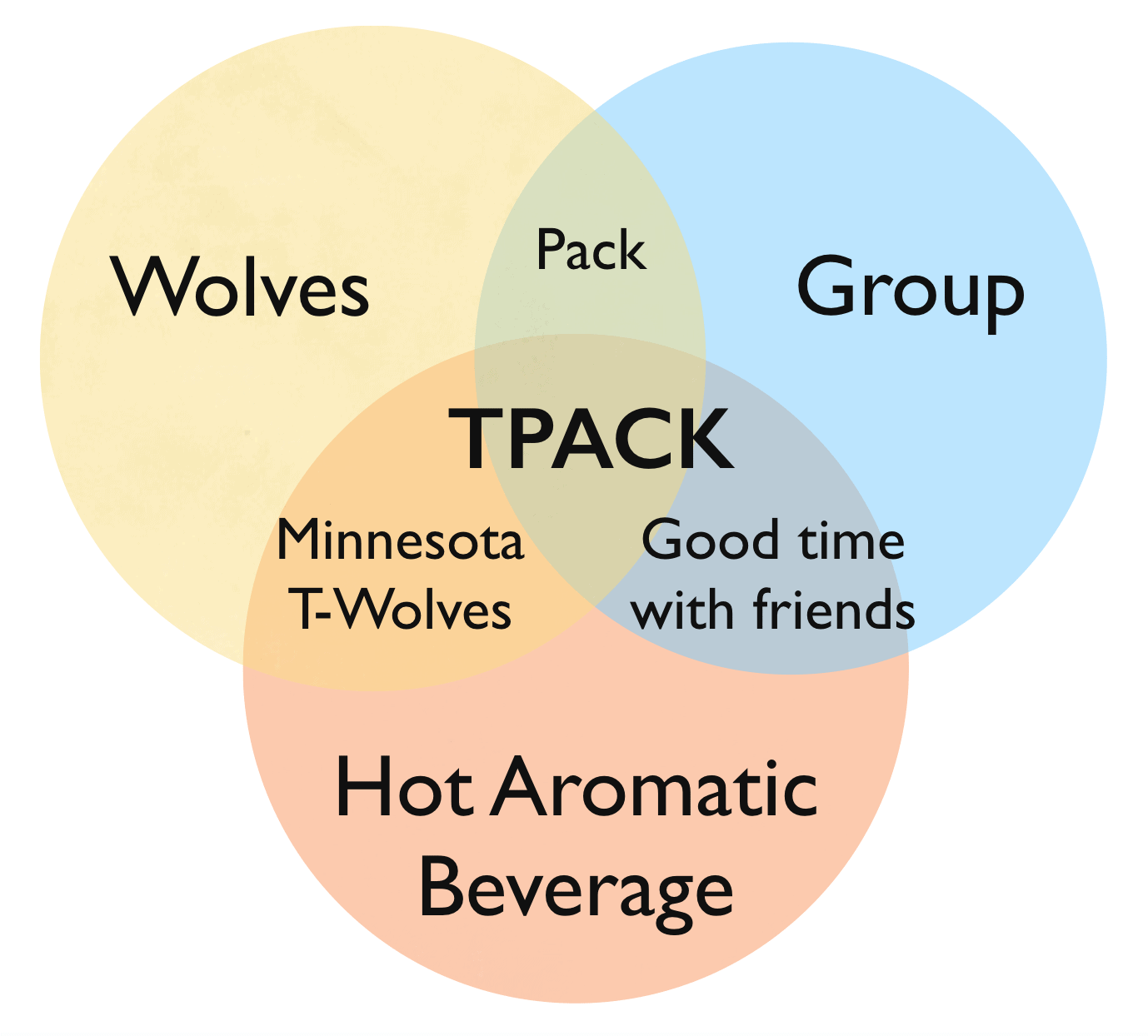Scott Graden is Superintendent of Saline Area Schools and a blogger. He recently posted about a study that indicated that texting helps students develop vocabulary skills. Though he was skeptical of the finding, I am not sure I was as surprised. He cited a news story on ReadWriteWeb titled Research Finds Text-Messaging Improves Children’s Spelling Skills. The story says,
… a new study from Coventry University finds no evidence that having access to mobile phones harms children’s literacy skills. In fact, the research suggests that texting abbreviations or “textisms” may actually aid reading, writing and spelling skills.
The story goes on the say that
Based on a series of reading and spelling tests, researchers found a “significant contribution of textism use to the children’s spelling development during the study.” The study made it clear that it wasn’t the access to the phone per se, or even the text-messaging as much as specifically the use of textisms that aided the development. The reason, writes Dr. Clare Wood, one of the authors of the study, “is partly explained by the highly phonetic nature of the textisms that are popular within this age group, as the phonological and alphabetic awareness that is required for the construction and decoding of these textisms also underpin successful reading development.”
Scott, who is far from being a techno-phobe, was not sure if he actually bought into the findings of this study. He was surprised by it and also questioned its validity. He is not alone in espousing this point of view. As I had written earlier, in a post titled, Technology & Literacy, bemoaning the youth of today 🙂, technology is not destroying our ability to write, it just changing the way we do so. I don’t want to repeat what I had written earlier, so go there and take a look and let me know what you think?
Is Scott right? Is txt-ing destroying writing as we know it? Let me know.



Great thought. I agree with that. It is really moor informative. It helps children to improve their skill. Thanks for sharing that information.
Hi I might have to disagree with one comment above about having texting allowed in classrooms. This might be taking it a bit too far in my opinion. Sure texting is a great communication tool – but it also a very big distraction. That is why you are seeing lawmakers across north america looking to change driving laws and even pedestrian laws to fine people who use texting devices at the same time. A little off subject but in some cases people are actually risking their lives texting – especially behind the wheel…as for classrooms, literacy levels are already being challenged, so why throw in another distraction?
If it’s texting in short form, my perspective is after sometime, people will forget the real word. Some of my friends write formal emails with the “coz”, “nvm” etc, because they’re so used to it. I personally make it a habit to type full words even in text.
My 16 year old son writes all night long – texting, posting on Facebook and other forums. He doesn’t view this as reading and writing, just communicating. I long for the day when students are able to use these applications in the classroom – imagine the engagement and learning if we asked them to translate a passage of Romeo and Juliet into texting, Facebook posts or Twitter!
It will probably take a couple more years and a reliable methodology to get a definitive study on texting and its effects on children today. My kids text all the time but I also make sure they don’t bring texting to school.
Children need to be made aware of when using texting language is appropiate and when not.